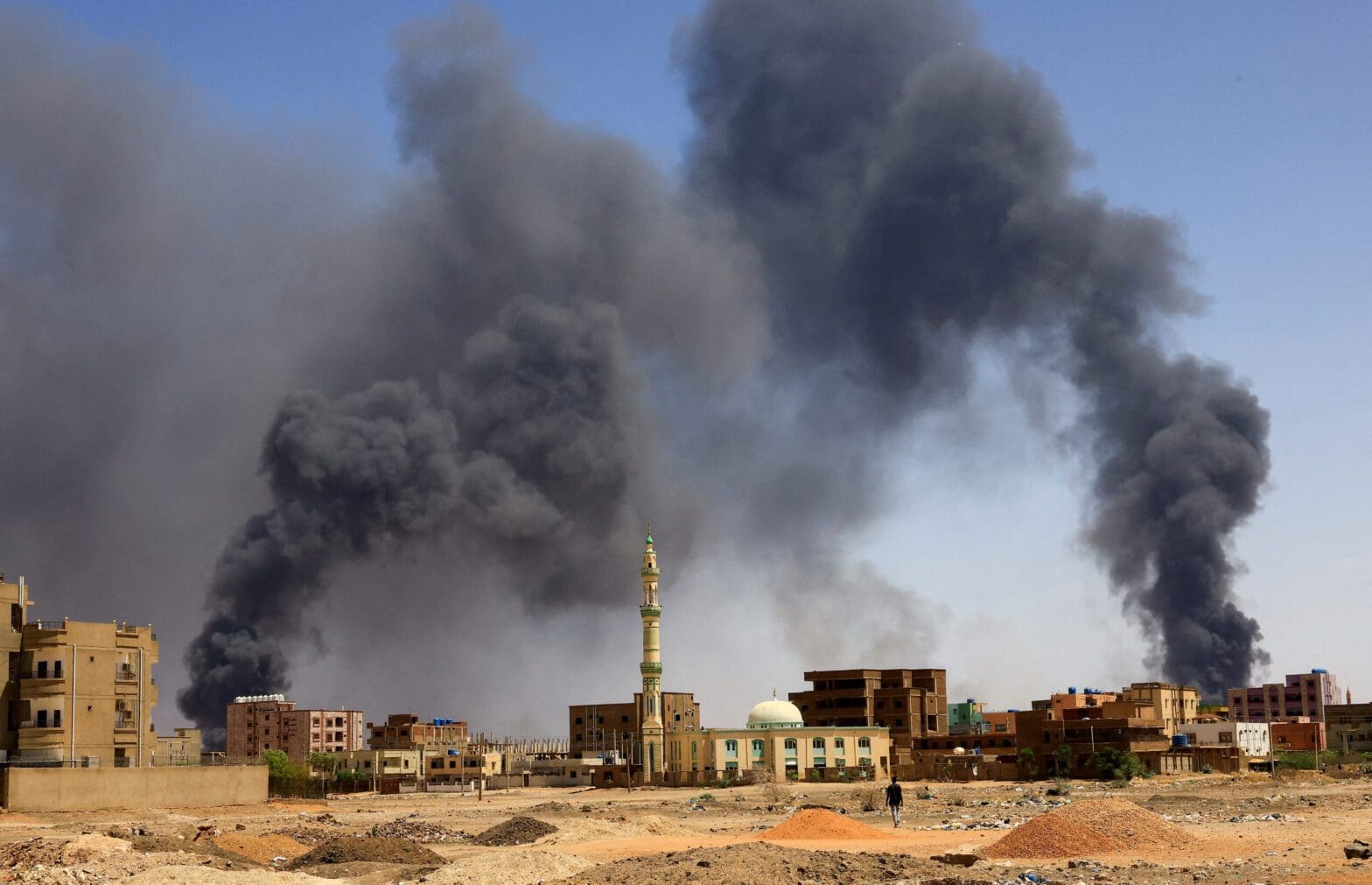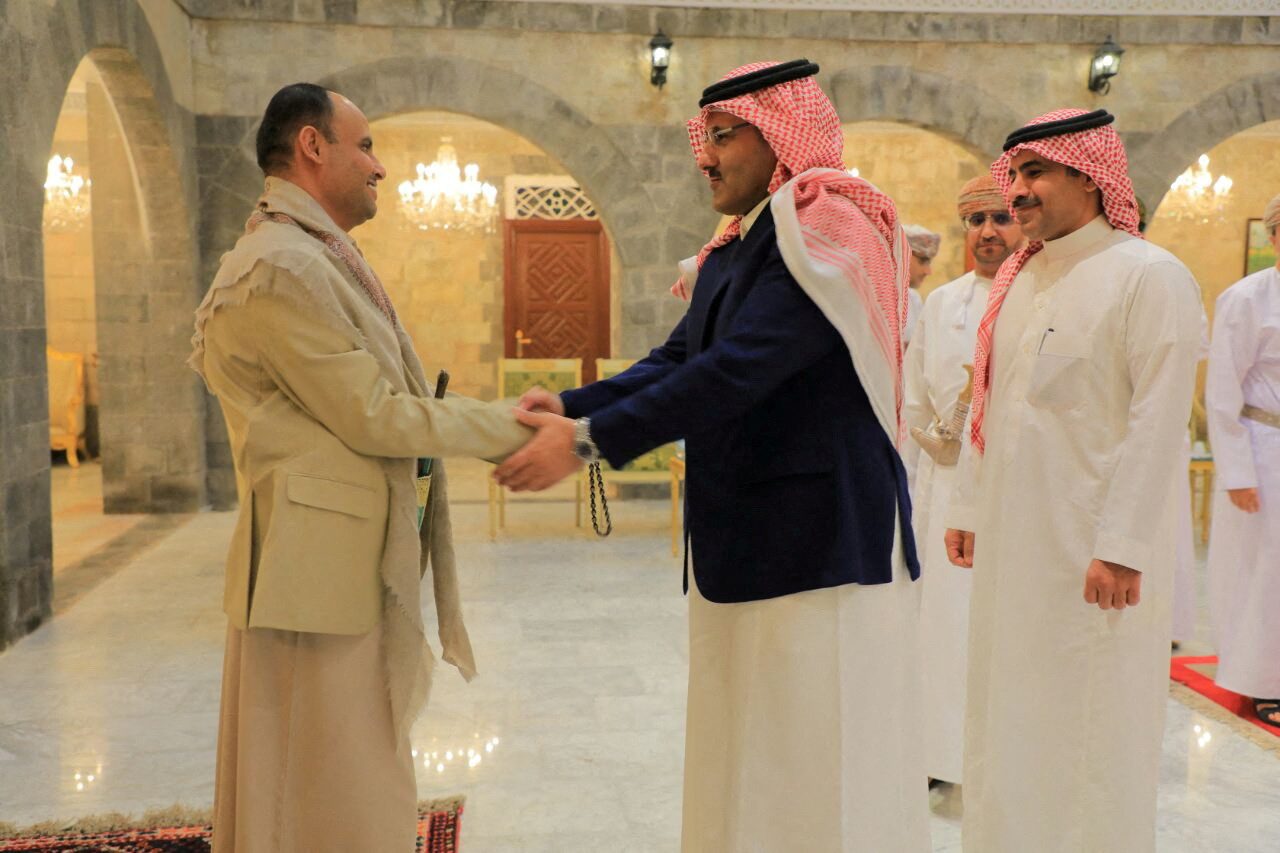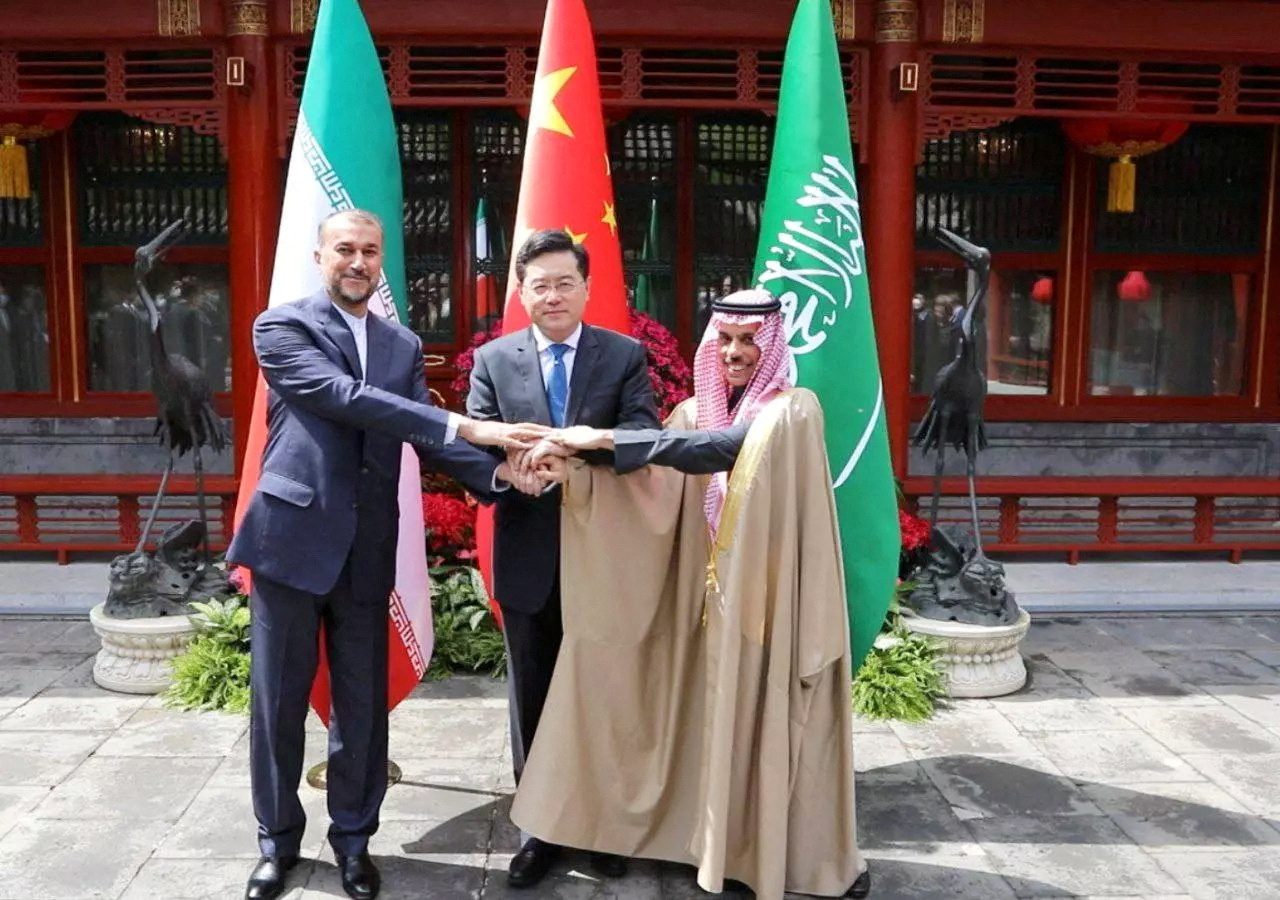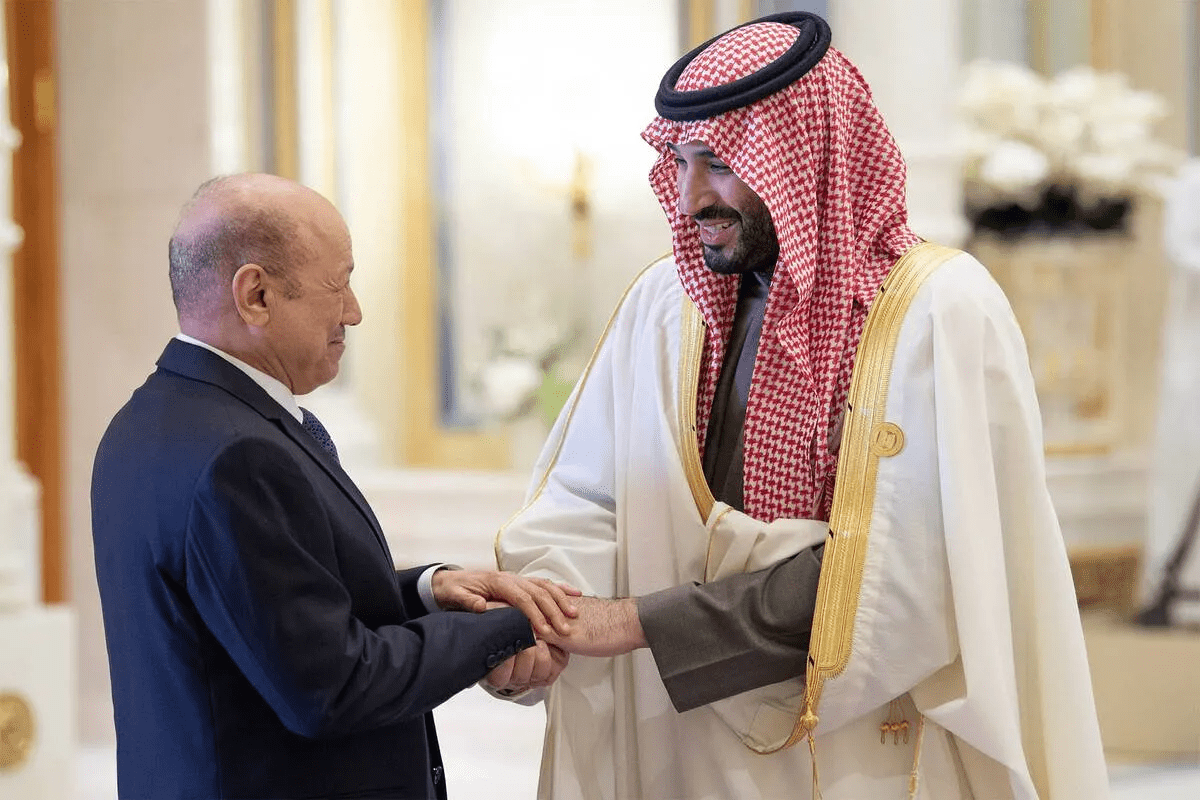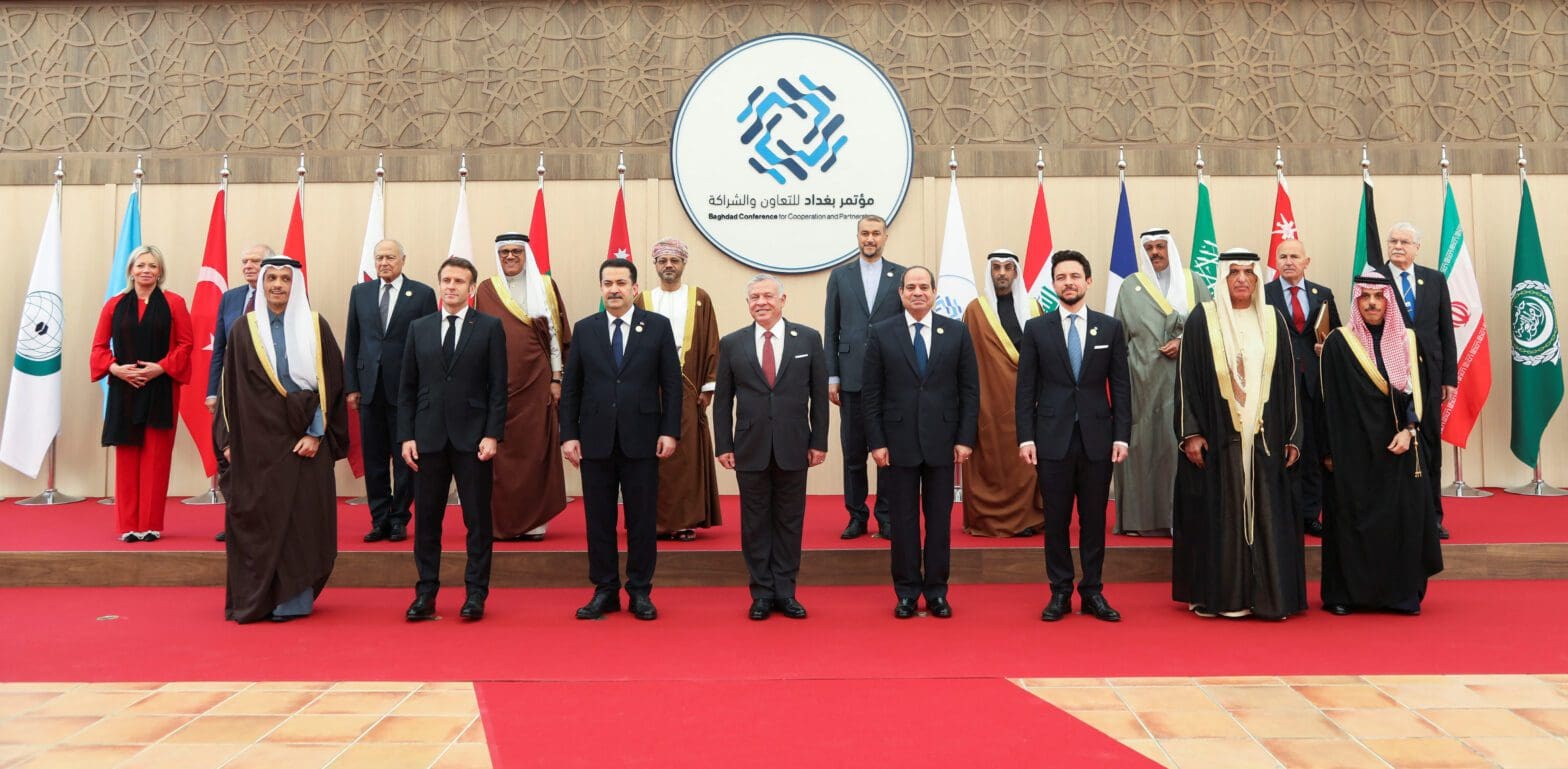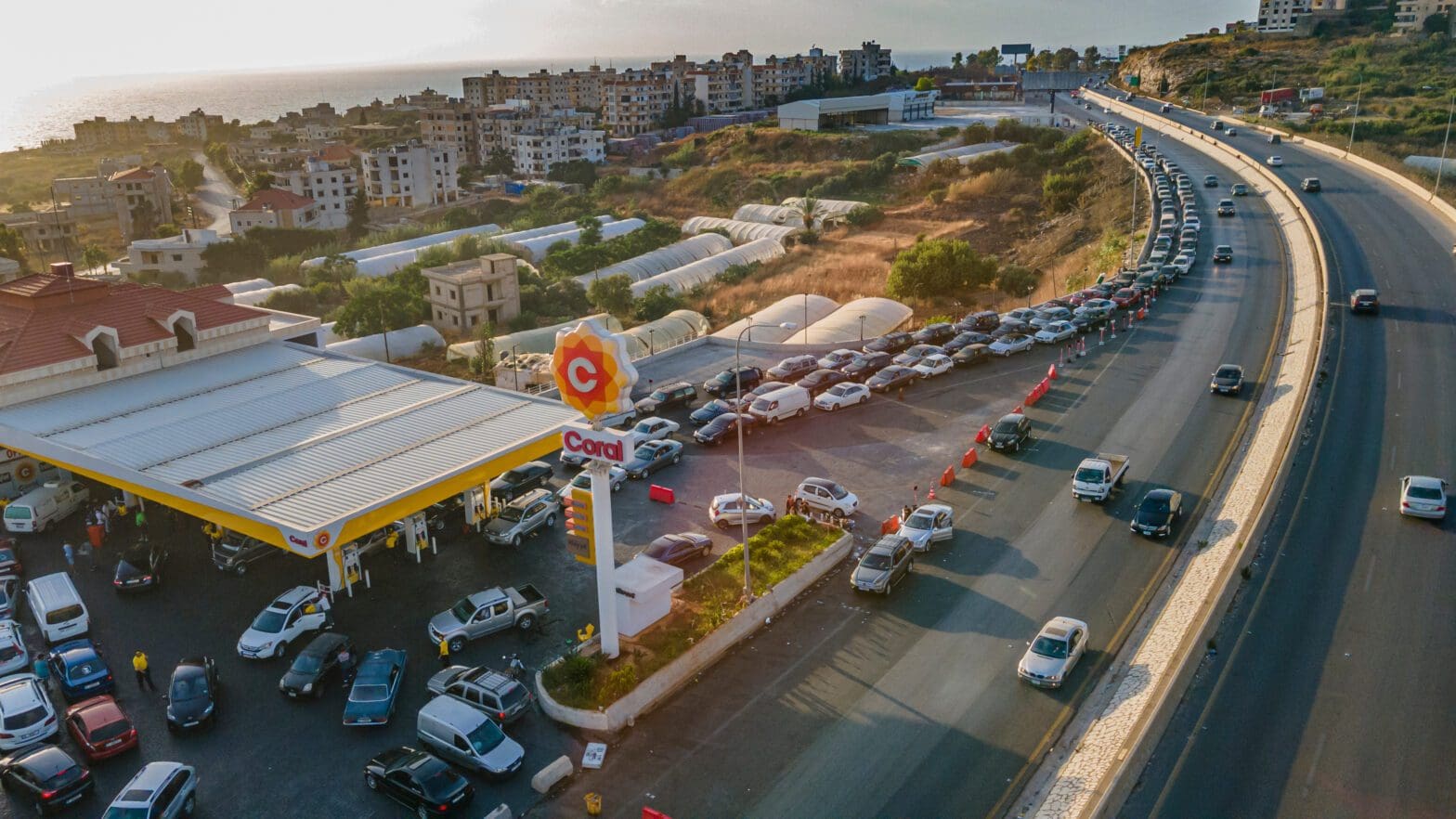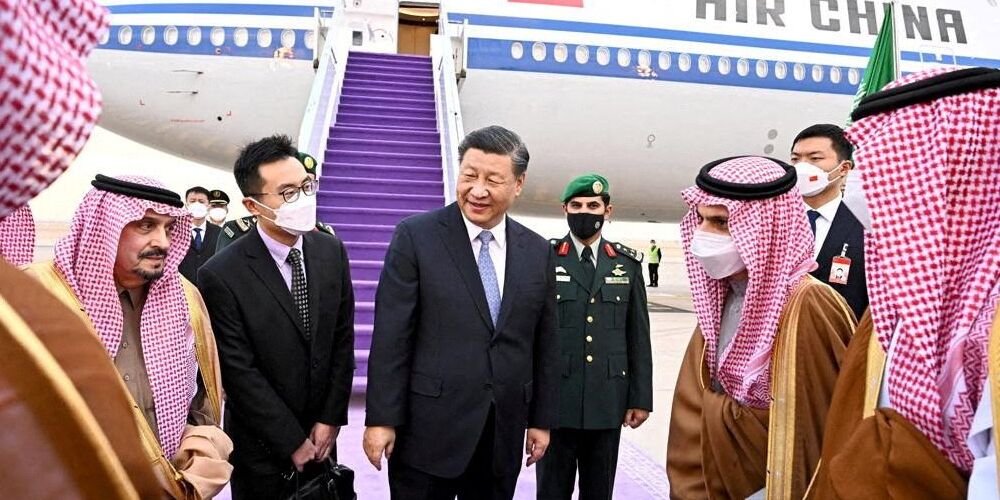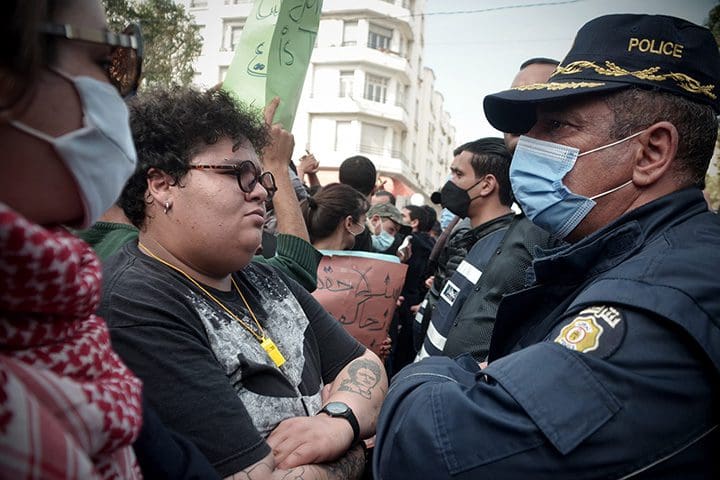The eruption of violent conflict in Sudan on April 15 has cast the country into, perhaps, the darkest period yet in its five-year transition toward civilian rule, which began with nationwide protests in 2018 and the toppling of Omar al-Bashir a year later, after three decades in power. The recent outbreak of fighting between the… Continue reading Sudan Conflict: Regional Implications – Council Views
Afkar Country: Saudi Arabia
Saudi-Iran Rapprochement Unlikely to Bring Lasting Peace to Yemen
A diplomatic agreement between Saudi Arabia and Iran has raised hopes that it could lead to a peace agreement in Yemen, where war has raged with the help of both parties for over eight years. Over the past week, Houthi officials have been holding peace talks in Sanaa with a delegation led by Saudi Ambassador… Continue reading Saudi-Iran Rapprochement Unlikely to Bring Lasting Peace to Yemen
The Saudi-Iranian Deal Is Important, but Don’t Expect a Wider Peace
The March 6 announcement that Saudi Arabia and Iran were re-establishing diplomatic ties was an important moment for the Middle East. The Chinese-brokered deal has the potential to end the devastating eight-year conflict in Yemen and address geopolitical tensions elsewhere. From the Saudi perspective, it may end Iranian proxy attacks on Saudi oil facilities, including… Continue reading The Saudi-Iranian Deal Is Important, but Don’t Expect a Wider Peace
Yemen Negotiations: Buying Time or Nearing Peace?
Reports of direct talks between Saudi Arabia and Yemen’s Houthi rebels have sparked hopes of a diplomatic breakthrough toward ending the country’s devastating eight-year war. Many observers have drawn optimism from renewed peace efforts and months of relative calm on the ground, which has outlasted a formal truce that expired in October. Yet there are… Continue reading Yemen Negotiations: Buying Time or Nearing Peace?
Can Iraq’s New PM Chart a Different Relationship with the Gulf?
Iraq’s new government is hoping that an influx of investment from its Gulf neighbors can breathe life into its economy and diversify its regional relationships after years of being so close to Iran. But such efforts are likely to face stiff opposition from Tehran and its proxies, who have expanded and consolidated their influence since… Continue reading Can Iraq’s New PM Chart a Different Relationship with the Gulf?
MENA Outlook 2023 – Council Views
In various ways, 2022 was arguably a positive year in much of the Middle East and North Africa (MENA) region. The COVID-19 pandemic subsided in many states and the intensity of violence ebbed in several conflict zones. Competition between regional powers receded and gave way to an increase in diplomacy and rapprochement. However, with a… Continue reading MENA Outlook 2023 – Council Views
China’s Xi travels to Saudi Arabia as Asia-GCC relations reach new heights
The arrival of Chinese President Xi Jinping in Saudi Arabia marks an important moment in the historical relationship between the two countries and their respective regions. While the United States has recently been eager to drive a wedge between its partners in the Persian Gulf and its rival to the East, heads of state from… Continue reading China’s Xi travels to Saudi Arabia as Asia-GCC relations reach new heights
For Nations Abroad, U.S. Midterm Elections Are of Increasing Importance
The elections held in the United States on November 8 were billed as the most crucial midterms in a generation. In a country deeply divided along ideological and party lines, the implications of such polls go well beyond domestic affairs. Polarization at home is seeping into Washington’s policy abroad, meaning that even congressional polls, once… Continue reading For Nations Abroad, U.S. Midterm Elections Are of Increasing Importance
Twenty Years of Governance Reform: What’s Next for the MENA Region?
In 2002, the United Nations Development Program (UNDP) produced a remarkable and far-reaching document titled the Arab Human Development Report. Written largely by Arab authors, the report mobilized a wealth of data to argue persuasively that the lack of socio-economic development within the Arab region is the product of three fundamental deficits in freedom, knowledge,… Continue reading Twenty Years of Governance Reform: What’s Next for the MENA Region?

